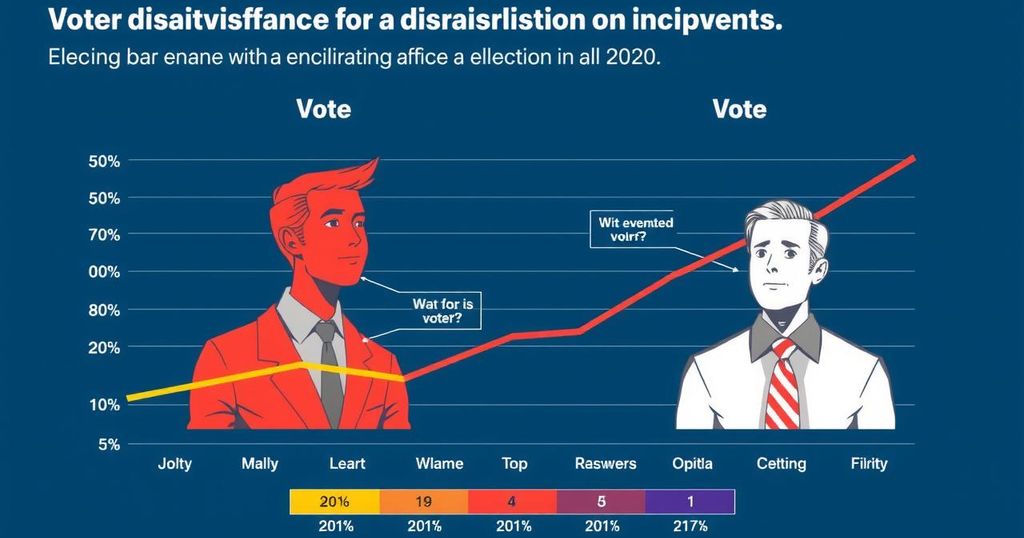World news
AFRICA, ANDRES MANUEL LÓPEZ OBRADOR, AP, BOTSWANA, CLAUDIA SHEINBAUM, CONSERVATIVE PARTY, DEMOCRACY, ELECTION, EUGENE HOSHIKO, EUROPE, FRANCE, GOVERNMENT, KIN CHEUNG, MARKUS SCHREIBER, MEDIA COVERAGE, MOSIELELE, PARIS, POLITICS, SOCIAL DEMOCRATIC PARTY, SOUTH AFRICA
Fatima Alavi
0 Comments
Voter Discontent Drives Major Changes in Global Elections During Super Year
The ‘super year’ of elections has seen a dramatic backlash against incumbents globally, fueled by voter dissatisfaction stemming from economic hardships and a sense of disconnect with political elites. With significant leadership changes in countries including the U.S., U.K., and India, this trend underscores a growing demand for accountability and change among the electorate.
This year, often referred to as the “super year” of elections, has proven detrimental for incumbents across the globe as voters express their dissatisfaction in unprecedented ways. From the United States to Europe and beyond, significant electoral shifts have been observed, reflecting widespread discontent with political elites amid ongoing economic challenges stemming from the COVID-19 pandemic. Various governments have faced backlash regardless of their political orientation, indicating a broader sentiment of frustration among the electorate that transcends ideological divisions. Countries including the United Kingdom, France, Germany, India, and Japan have seen major changes in leadership and party control, suggesting a profound anti-incumbent wave that has reshaped political landscapes worldwide. While some nations like Mexico have managed to maintain stability, the general trend showcases an electorate eager for change and less willing to tolerate perceived ineffectiveness from their leaders. This collective shift underscores a critical juncture in global democracy, where traditional party loyalties are eroding, and voter sentiment is increasingly volatile. Understanding the root causes of this surge in anti-incumbency poses a challenge, as political scientists strive to make sense of these evolving dynamics on the global stage.
The term “super year” has been used to describe a significant electoral cycle characterized by a high number of elections wherein incumbents have faced severe backlash. The phenomenon appears to be rooted in the economic and social discontent prevalent since the pandemic, resulting in unprecedented electoral outcomes in major democracies. Various political analysts and experts have noted that voter dissatisfaction with economic conditions, high inflation, and a perceived disconnect from political elites has contributed to this trend. This comprehensive examination reveals how governments worldwide have been challenged, and the implications of such shifts for future political stability and governance.
In conclusion, the ongoing “super year” of elections represents a critical moment in global politics, characterized by widespread dissatisfaction and a pronounced anti-incumbent sentiment. As voters respond to ongoing economic pressures and a perceived lack of representation, many traditional power structures are being tested. This trend suggests a significant shift toward the electorate demanding accountability and change from their leaders, which may reshape political environments in the years to come.
Original Source: apnews.com




Post Comment